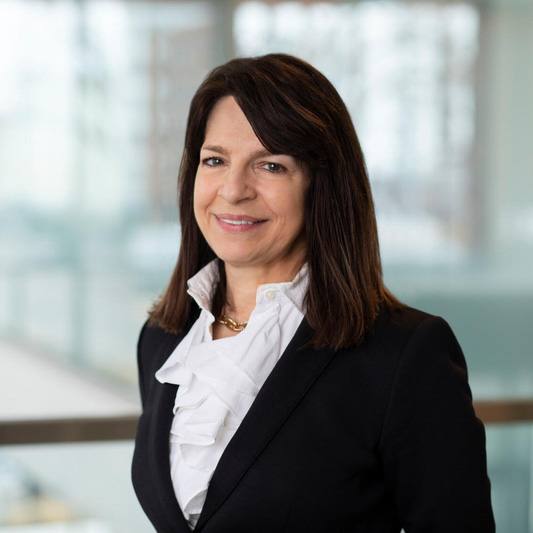-
Cancer
Mayo Clinic prepares to biomanufacture a new CAR-T cell therapy for recurring B-cell blood cancers

Mayo Clinic research has developed a new type of chimeric antigen receptor-T cell therapy (CAR-T cell therapy) aimed at killing B-cell blood cancers that have returned and are no longer responding to treatment. This pioneering technology, designed and developed in the lab of Hong Qin, M.D., Ph.D., killed B-cell tumors grown in the laboratory and tumors implanted in mouse models. The preclinical findings are published in Cancer Immunology, Immunotherapy.

"This study shows our experimental CAR-T cell therapy targets several blood cancers, specifically chronic lymphocytic leukemia," says Dr. Qin. "Currently there are six different CAR-T cell therapies approved for treatment of relapsed blood cancers. While the results are impressive, not everyone responds to this treatment. Our goal is to provide novel cell therapies shaped to each patient's individual need."
Dr Qin's team developed a cell therapy to target a protein known as B-cell activating factor receptor (BAFF-R) found in patients with B-cell cancers, particularly those with chronic lymphocytic leukemia. The BAFF-R protein is linked to tumor growth. The cell therapy under investigation allows the immune system to quash cancer and target tumors that have returned or have resisted available CAR-T cell therapies.
"Our team developed a method to isolate T cells and tumor cells from blood samples of three patients with chronic lymphocytic leukemia. We generated BAFF-R targeting CAR-T cells from the individual samples and then demonstrated in the lab that these genetically modified cells could kill tumors using the patients' own cells," says Dr. Qin.
The results of this early research lay the foundation for an important milestone: Mayo Clinic will biomanufacture this experimental CAR-T cell therapy at its campus in Florida. The research team will advance the CAR-T cells to a phase 1 clinical trial to assess the safety and define the treatment dose in humans.
Depending on the results of the phase 1 clinical trial, it could take 5-7 years for this therapy to become available to patients in the clinic.
Mayo Clinic's Center for Regenerative Biotherapeutics, in collaboration with the Mayo Clinic in Florida Division of Hematology and Medical Oncology, and Mayo Clinic Comprehensive Cancer Center, supports delivering new cell therapies to patients with complex medical conditions.
Transforming cancer care
CAR-T cell therapy is a regenerative immunotherapy that seeks to unlock the power of the body's immune system to attack cancer. Patients' T-cells are separated from their blood, genetically modified, mass produced and then returned to their bodies to kill cancer.
The experimental therapies have delivered transformative results — in some cases putting B-cell lymphomas and leukemias into remission. However, leukemia and lymphoma tumors can change over time and become resistant to therapies, resulting in a return or relapse of cancer. 40% of patients have had cancer return within two years of undergoing CAR-T cell therapy.
Biomanufacturing on-site
This BAFF-R targeting technology is the first CAR-T cell therapy to both be developed at Mayo Clinic and biomanufactured on-site. The advantages to biomanufacturing in-house are the ability to adjust doses, individualize treatments and more quickly deliver the cells back to the patient.

"The cornerstone of Mayo's biomanufacturing strategy is accelerating promising new medicines from human sources such as cells to patient care. Biomanufacturing CAR-T cells is a high priority because of the potential to provide healing for patients with few or no other solutions," says Julie Allickson, Ph.D., The Michael S. and Mary Sue Shannon Director of the Center for Regenerative Biotherapeutics. "We are very excited to reach this landmark of biomanufacturing the first CAR-T cell therapy developed by Mayo Clinic research." Dr. Allickson is also the Otto Bremer Trust Director, Biomanufacturing and Product Development, Center for Regenerative Biotherapeutics.
Mayo Clinic is expanding its biomanufacturing facilities on all three campuses to quickly move cell therapies from the lab to early-stage clinical trials. From there, Mayo hopes to collaborate with industry to bring new regenerative immunotherapies to routine clinical care for the benefit of patients around the world.
This article first published on Discovery's Edge.
###







